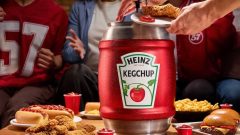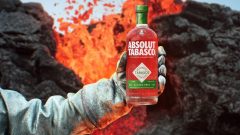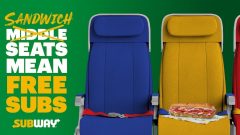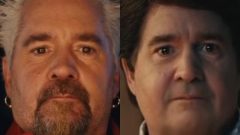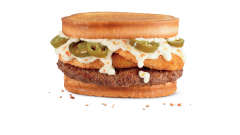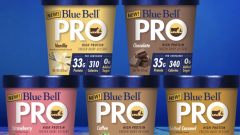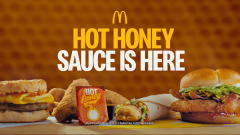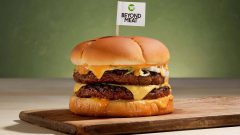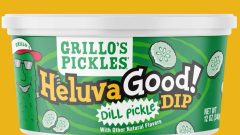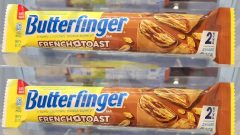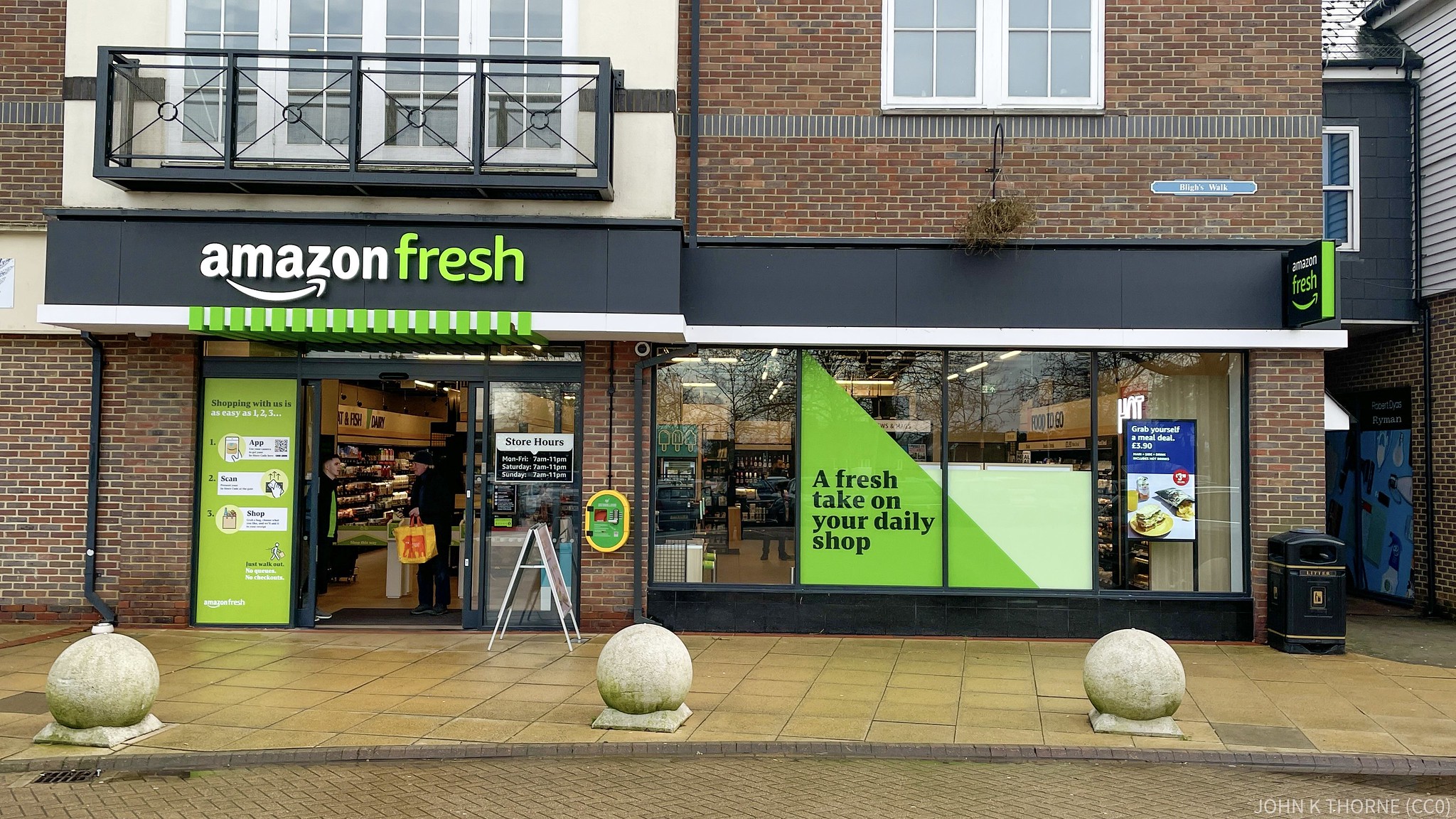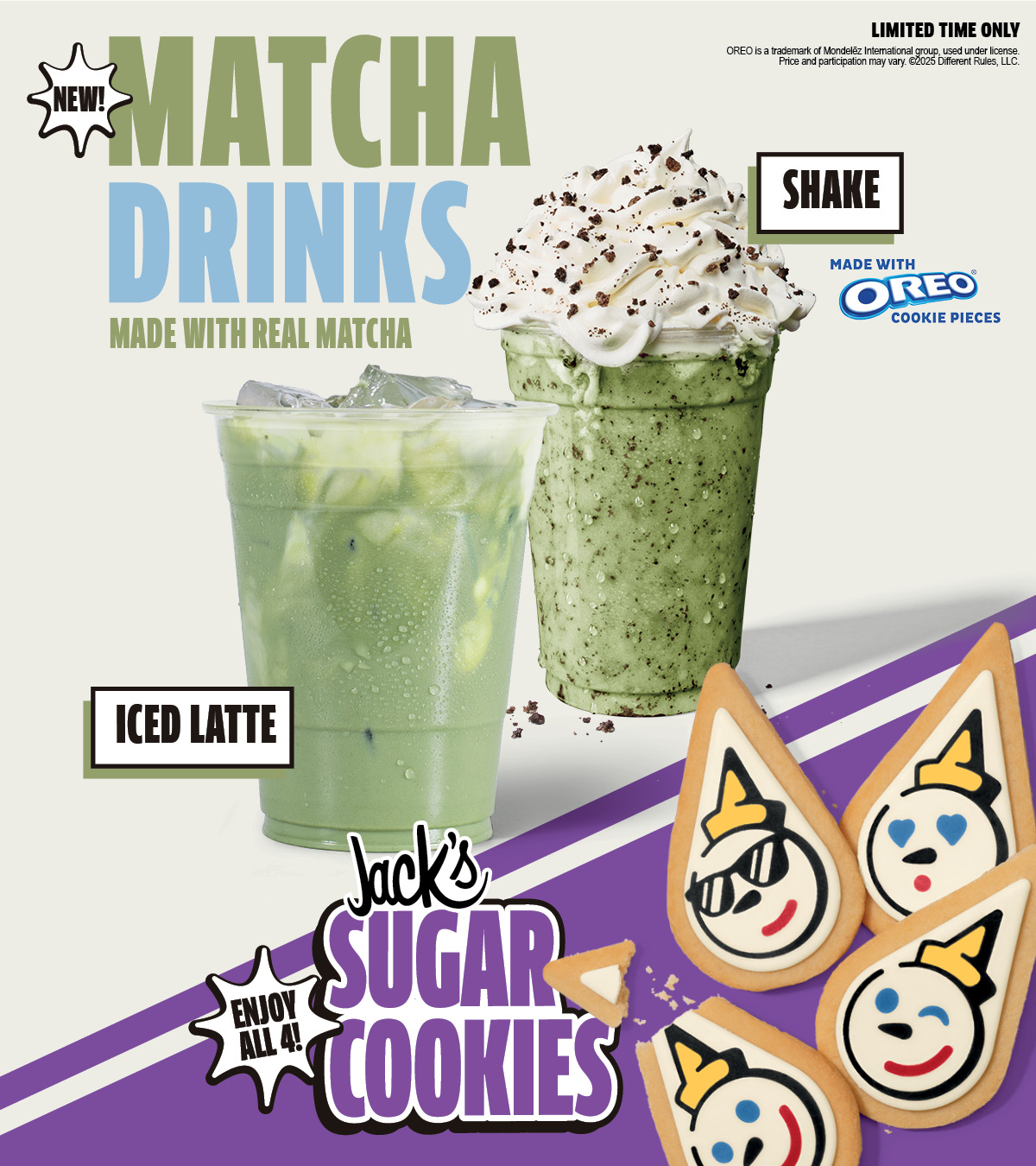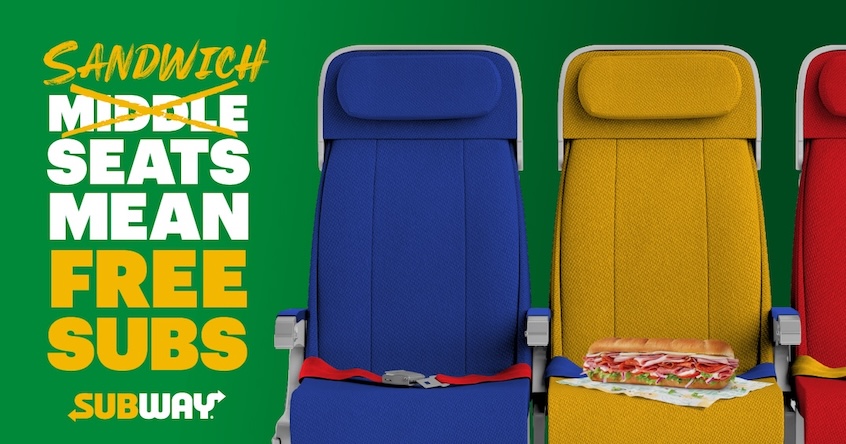Three Places That Claim To Have Invented The Cheeseburger
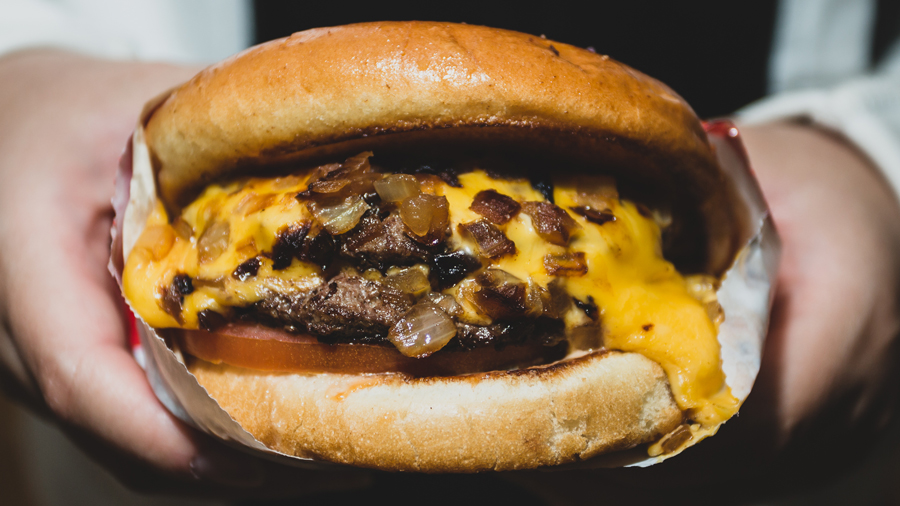
A study done by the USDA in 2020 revealed that on average, Americans consume roughly 2.4 burgers per day; with the yearly amount of rounding up to 50 billion burgers — and an overwhelming majority of those burgers are definitely topped with a slice of cheese. So who exactly can we thank for the gift that is the cheeseburger?
The origin of the cheeseburger is hotly debated — and depending on who you ask, the answer may differ.
Food historians at the Carnegie Museum of Natural History support the leading claim that a sixteen-year-old named Lionel Sternberger, while working at his father’s sandwich shop, The Rite Spot, in Pasadena, California in 1924, came up with the ingenious idea of placing a slice of American cheese on a hamburger patty.

While this historic event in 1924 was recorded, the concept of cheese as a burger topping wasn’t immediately a prevailing focus in the realm of gourmands. Because it wasn’t until a decade later in 1934, that Kaelin’s Restaurant in Louisville, Kentucky was credited with being one of the the first to establish the sandwich labeled a “cheeseburger” on the menu, thus cementing its place as a landmark with the title “birthplace of the cheeseburger.”
Just one year later in 1935, the term “cheeseburger” was trademarked by Louis Ballast, owner of the Humpty Dumpty Barrel Drive-In, in Denver, Colorado. By trademarking, Ballast was one of earliest documented cases of legally protecting a specific food, and granting him the intellectual protective rights to use the term “cheeseburger” in brand and marketing.

Regardless of who has rightfully earned their claim — and this might just be my own selfish opinion — a “cheeseburger” by any other name still smells (and tastes) just as delicious.
Now knowing all the facts of the three historical scenarios above, who do you think can lay claim to inventing the cheeseburger?

